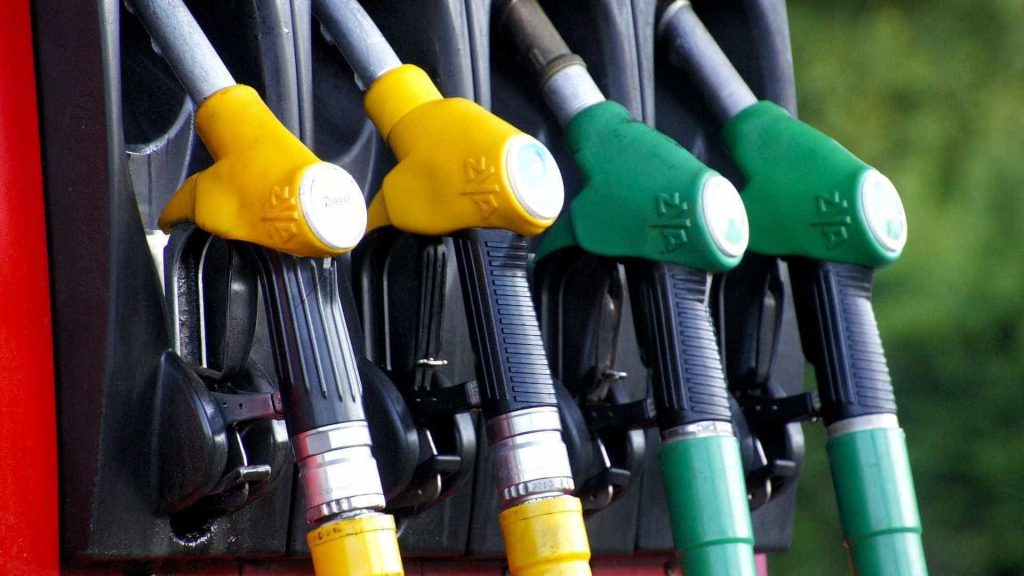There has been a spike in fuel prices on the global market over the last five months. Fuel costs are said to have risen by more than 47% since the start of the year. The increase could be mainly attributed to the Russia- Ukraine war and the lockdowns imposed across China. Fuel prices are projected to rise until later in June when other crude-producing countries are expected to compensate for Russia’s lost quantities.
According to Enverus Intelligence Research’s newest Fundamental Edge study, released oil markets remain tight nearly three months into the Ukraine crisis, despite the Biden administration’s ongoing massive drawdown of the US Strategic Petroleum Reserve (SPR). It is also estimated that oil markets may become turbulent again later this year and into 2023 when the stock releases come to a conclusion.
According to the Institute for Energy Security (IES), an energy think tank, the price of gasoline would rise from 5% to 9% starting in June 2022. Diesel and liquefied petroleum gas (LPG) prices, on the other hand, are projected to stay the same. Although there have been 5.49 and 4.13 percentage drops in diesel and LPG prices on the international market, respectively, it may not essentially lead to a drop at local retail outlets, as most marketers will look to maintain their prices to offset the losses from the cedi depreciation.
What This Means For Ghanaians
It is known that an increase in fuel prices has a ripple effect on the various sectors of our economy. There have been several protests on the streets nationwide in recent times and this is a reflection of the hardship that Ghanaians are experiencing in the country.
When fuel costs rise, the local market is severely impacted, and people’s living standards drop. Prices of products and services, as well as transportation costs, have recently become a major nightmare for all Ghanaians, affecting everyone in different ways; from the market woman to the working population. Prices of food and other goods on the market are daily increasing and have become too expensive for the average Ghanaian to afford.
As if all these were not enough, taxes are being raised, which is further deepening the plight of the citizenry. Despite the cries of Ghanaians against the passing of the famous E-levy, it has been tied to our necks because it is believed to “save us” from our current predicament. We do not know when our liberation will come or where it will come from but we continue to hope that someday things will get better.
Source: myjoyonline.com

